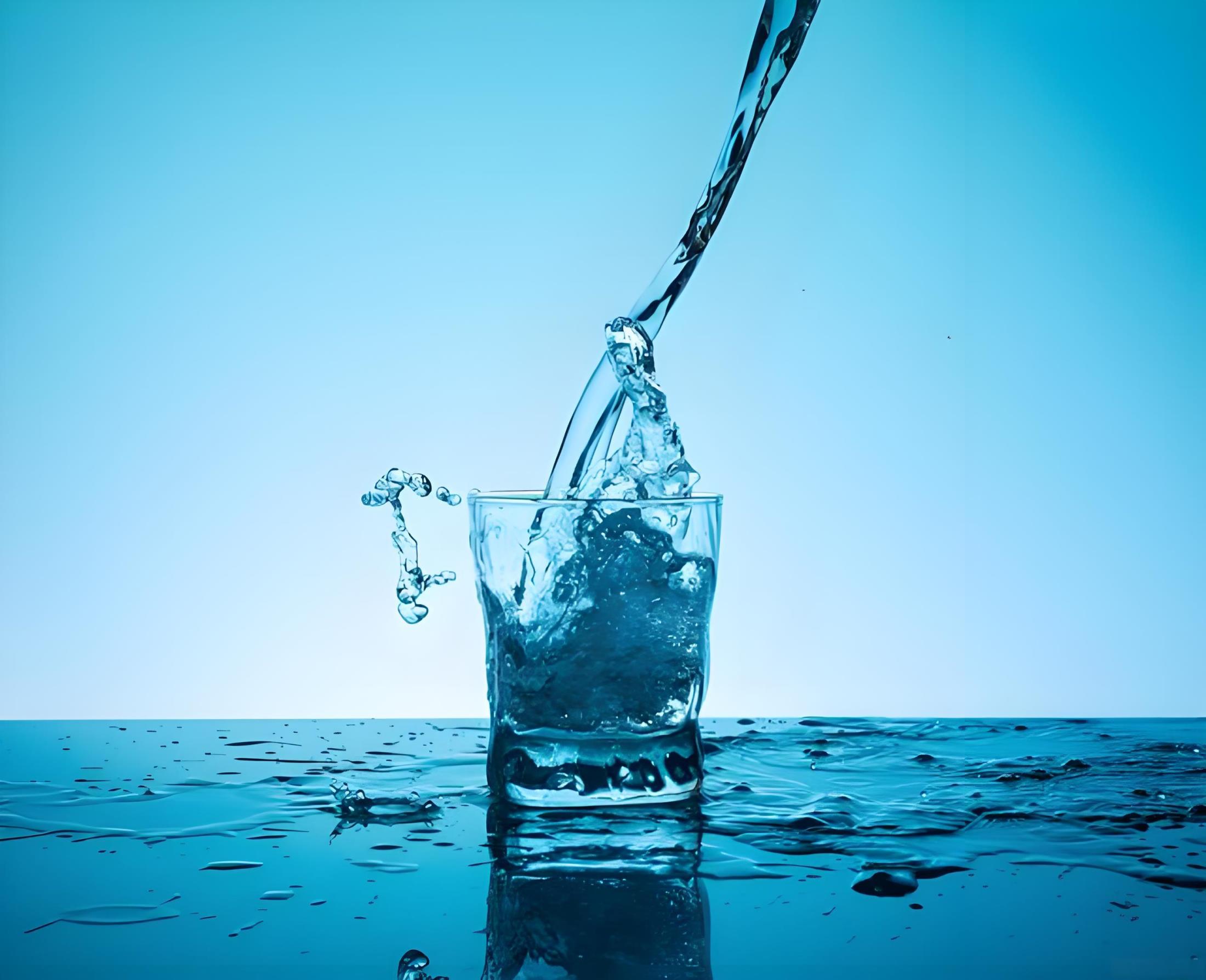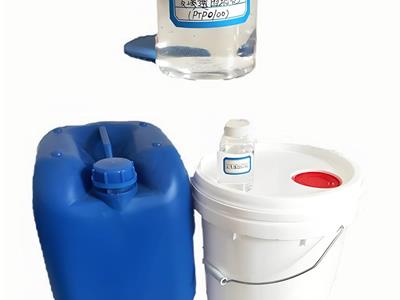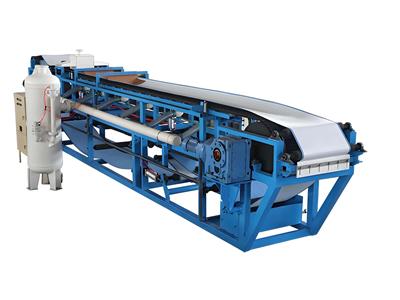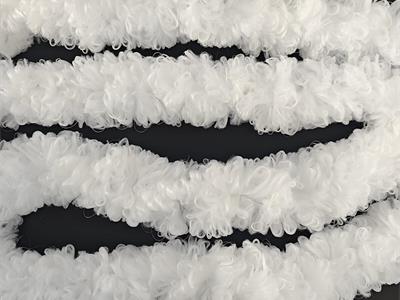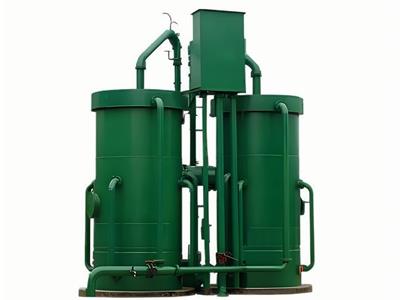- 2025-07-25
What is deionized water?
Deionized water, also called demineralized water or "DI water," is considered water that is made up of particles that have no electrical charge, or ions. Ions are either positively charged (called cations) or negatively charged (called anions). Solid matter dissolved in water is an accumulation of these two ions, and they make up a large part of the contaminants in water. When water flows through a deionization system, these contaminants can be effectively separated from the water, and the final result is clean, pure water.
As the water flows through two ion exchange resins, the positively and negatively charged particles are replaced by hydrogen ions (H⁺) and hydroxyl ions (OH⁻).
In theory, the deionization process removes all residual salt from the water. In practice, deionized water also removes potentially dangerous elements such as viruses, bacteria, and organic matter. Deionized water systems soften water by removing ionized particles such as sodium and replacing them with hydrogen ions.
What is deionized water used for?
Deionized water is used in a variety of manufacturing processes, such as the pharmaceutical industry, laboratories, and power plants. For these industries, high-purity water is extremely important because it does not contain contaminants that may interfere with the production process. Deionized water is mainly used in the commercial field.
Benefits of Deionized Water
Many factories and manufacturers find deionized water to be the best choice for reducing salt accumulation on machinery.
In industrial settings, deionized water is used for cooling and lubricating equipment.
Textile mills, medical clinics, and food processing plants have also benefited greatly from using deionized water.
A well-designed water deionization system is excellent because it can still operate efficiently even if the characteristics of the feed water change.
What is Demineralization?
Desalination refers to the process of removing all ions from water during water treatment. Deionized water is produced by removing almost all inorganic salts from water through ion exchange or electrodeionization. Deionized water is often used in chemical operations because the minerals in the water may conflict with other compounds. Therefore, all beauty and cleaning products must use deionized water or be made with deionized water.
Why choose FupengWater for deionization applications?
FupengWater is a leading deionization solution provider. Our water deionizers are very durable and prefabricated, preassembled and standardized to minimize expensive installation and startup costs.
Our deionization system is designed to maximize the efficiency and repeatability of the equipment in maintenance and regeneration mode. The system has the following important features:
Various operating modes: Automatic or semi-automatic operation. When the water quality is below the preset limit or manually started, it will automatically regenerate.
Water quality monitoring and control: Continuously monitor water quality and use solid-state reliability PLC control to ensure trouble-free operation of the equipment without untreated bypass water.
Backup and power failure protection: Equipped with a backup regeneration water source pipeline, it can automatically shut down when the standard power is off.
Air mixing and component advantages: Two-stage air mixing, compact and corrosion-free components, using steel tanks with rubber lining.
Structure and installation advantages: Convenient modular structure, easy and economical installation.
Other optional configurations: Optional recirculation pump, simultaneous regeneration and chemical replacement; brine sterilization option for high purity systems; programmable purge before regeneration; 12 volt operation (equipped with 120V/60hz/1pH transformer).

